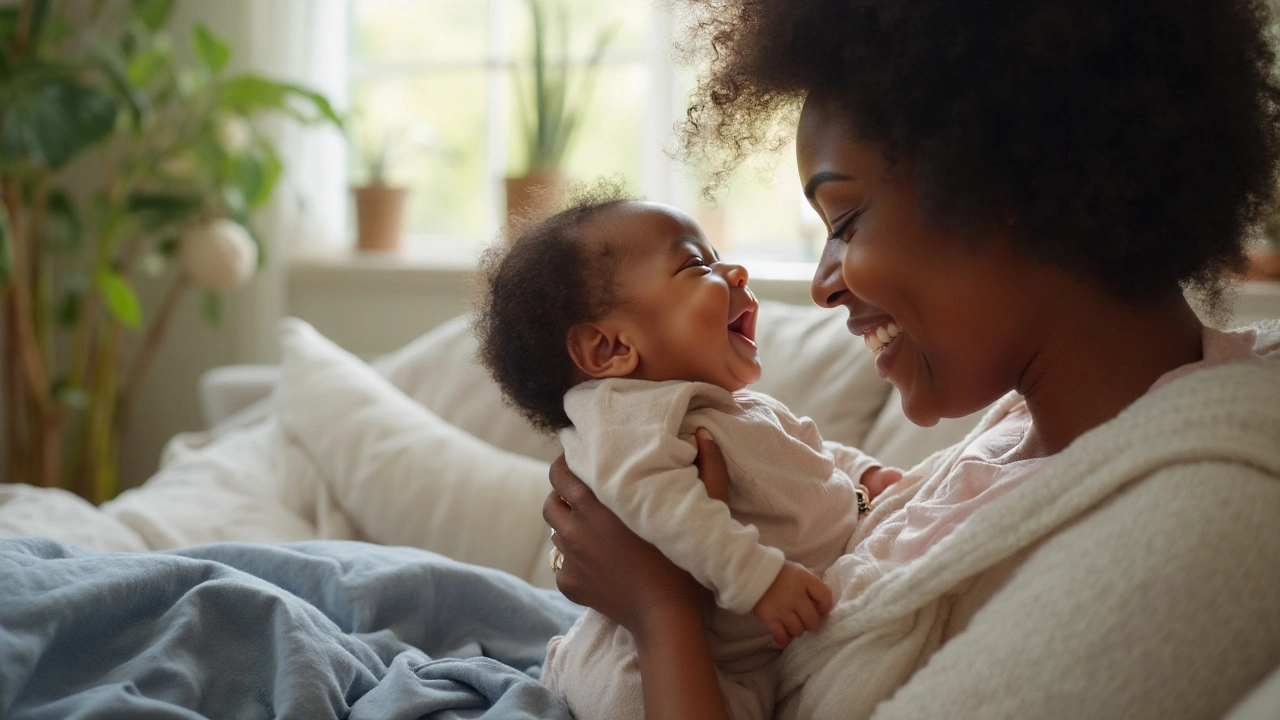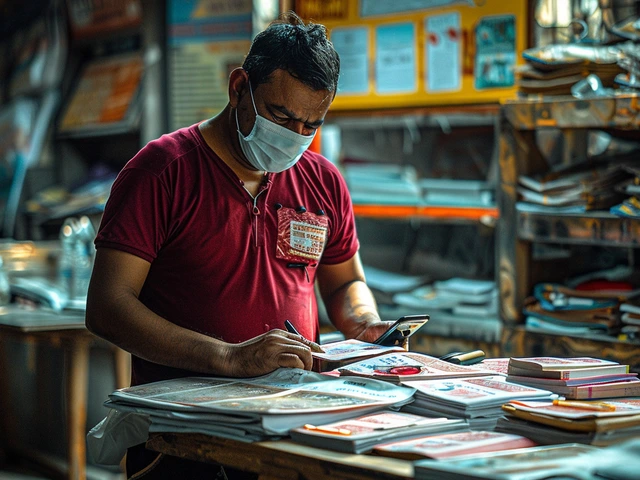Socialization in Infancy: Simple Ways to Help Your Baby Connect
If you’ve ever watched a newborn stare at a smiling face, you know babies are wired for connection. Socialization isn’t just about talking; it’s the whole mix of eye contact, touch, and listening that shapes how kids later interact with friends, family, and strangers.
From day one, infants pick up cues from caregivers. A gentle voice, a warm hug, or even the rhythm of a lullaby teaches them that people are safe and responsive. When parents respond consistently, babies start to trust their world and feel comfortable exploring social scenes.
Why Social Skills Matter Early On
Early social experiences lay the groundwork for language, emotional regulation, and problem‑solving. Babies who get plenty of face‑to‑face interaction usually learn words faster because they link sounds to real‑life expressions. They also become better at reading emotions – a skill that helps them avoid conflicts later in life.
Research shows that by six months most infants can recognize familiar faces and show preference for happy expressions. This is the first sign of social awareness. By nine months, they begin to engage in simple games like peek‑a‑boo, which teaches turn‑taking and anticipation.
Practical Ways to Boost Your Baby’s Social Development
1. Talk, even when they can’t answer. Narrate your day – “We’re putting on shoes now” or “Look at the bright red ball!” The rhythm of speech helps babies tune into language patterns and feel included in what you’re doing.
2. Make eye contact. When you pick up your baby, look into their eyes for a few seconds before looking away. This tiny pause signals that they matter and builds confidence.
3. Use expressive faces. Smile wide, raise eyebrows, or puff cheeks while talking. Babies love exaggerated expressions; they help the child link facial cues to feelings.
4. Play simple games. Peek‑a‑boo, pat‑a‑cake, and gentle tickles teach cause and effect and let babies practice waiting for their turn.
5. Invite other safe adults. Let grandparents or close friends hold the baby while you watch. The more positive faces they meet, the better they learn to adapt to different people.
6. Respond to cries promptly. When a baby cries, soothing them quickly shows that their signals matter. Over time this reduces anxiety and encourages them to reach out more often.
7. Provide safe exploration spaces. A soft mat with a few toys lets babies move, crawl, and discover how objects react when they touch them. Social growth isn’t just about people; it’s also about learning how the world works.
Watch for signs that your baby is thriving socially: regular smiles, cooing back at you, reaching out to be held, and showing interest in other faces. If a child seems unusually withdrawn or doesn’t make eye contact by nine months, a quick chat with a pediatrician can rule out any underlying issues.
Remember, there’s no perfect timeline – each infant grows at their own pace. The key is to keep offering love, attention, and chances to interact. By staying present and playful, you’re giving your baby the best start for a life full of healthy relationships.
 24 August 2025
24 August 2025
Socialization in Infancy: Why It Matters and How to Build Early Relationships
Why early socialization matters and how to do it. Simple, science-backed steps to build your baby’s relationships from day one, plus milestones and FAQs.
Latest Posts
-

DOAC Dosing in Obesity: What You Need to Know About Efficacy, Safety, and Side Effects
-

Cheap Generic Tetracycline Online - Safe Ways to Save on Antibiotics
-

Kathmandu Pharmacy Raid Reveals Hidden Illegal Drug Trade
-

Reimbursement and Coding for Biosimilars: How Billing Works Under Medicare Part B
-

Bloating after a meal: the importance of a balanced gut microbiome

16